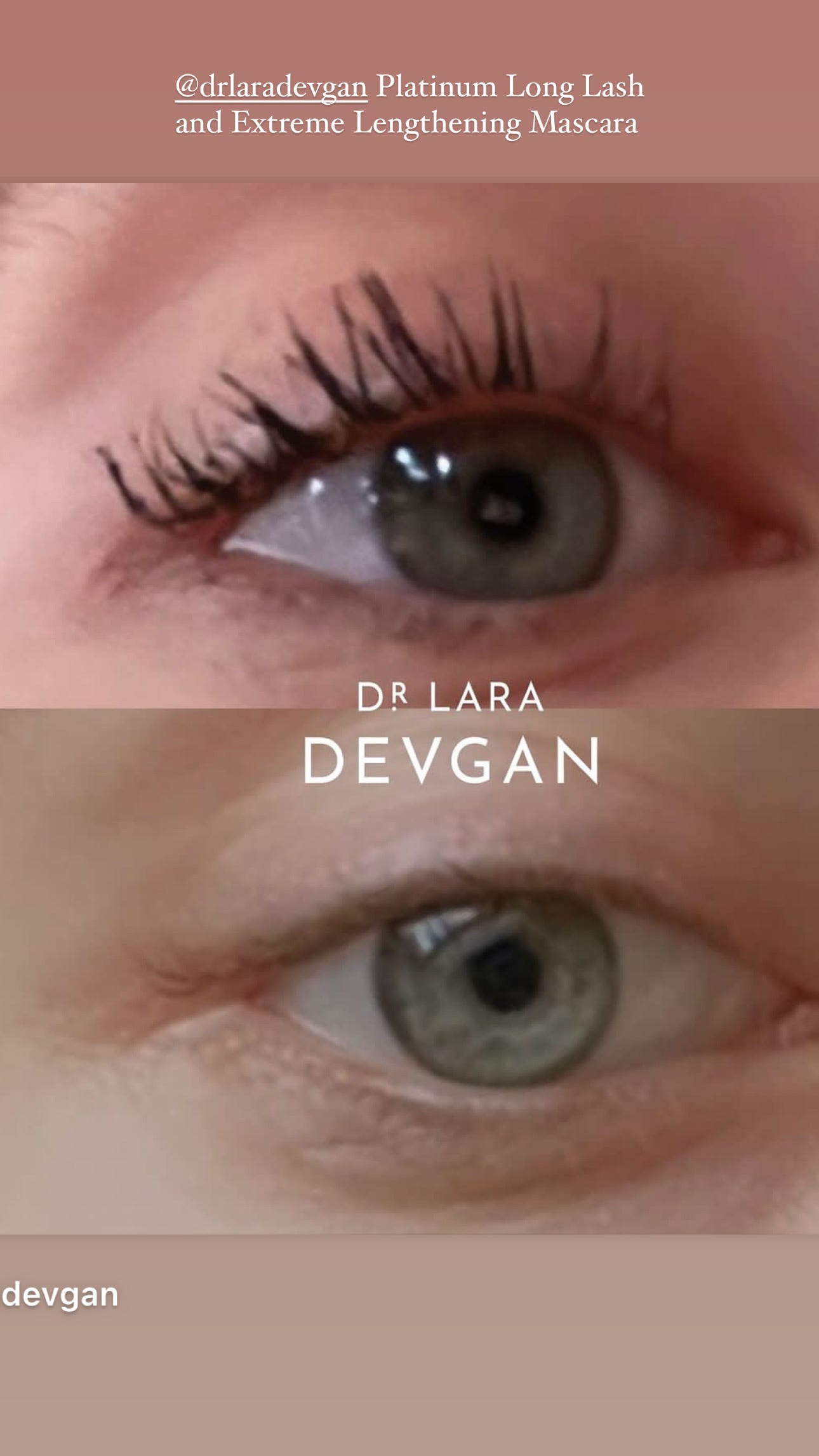The term "Lipstick Index" was first coined by Leonard Lauder, former chairman of Estée Lauder, during the 2001 recession, when he observed that lipstick sales spiked as economic conditions worsened. His theory suggested that, in times of financial distress, people—especially women—might forgo larger, luxury purchases like designer handbags or extravagant jewelry but still invest in smaller, feel-good items, such as a tube of lipstick. The reasoning behind this lies in the perception that lipstick is an affordable luxury, a small indulgence that provides a psychological boost without breaking the bank.
Beauty analysts and psychologists have since expanded on Lauder's observation, offering multiple explanations for why lipstick sales soar in hard times. Lipstick offers instant gratification: it’s visible, it adds a pop of color, and it can uplift a person’s mood. There’s also an inherent appeal in the act of beautification when things around us feel out of control. Moreover, as a cultural marker, lips are often tied to femininity and sensuality. A bold lip can exude confidence, and studies in evolutionary psychology suggest that exaggerated feminine features, like full lips, are linked to attraction, as they enhance sexual dimorphism.
However, the landscape of beauty has evolved. In the wake of the COVID-19 pandemic, where masks covered our faces for extended periods, lipstick sales suffered. But beauty remained resilient—only the focal point shifted. If our lips were hidden, then our eyes became the new canvas. This transition aligns with what I call "The Eyelash Index," a modern counterpart to the Lipstick Index, reflecting today’s beauty market. As masks became ubiquitous, attention shifted toward eye makeup and lash-enhancing products like mascaras, serums, and lash lifts.
During economic downturns, the resilience of beauty products—particularly eye-related items—became evident. Brands like Estée Lauder, L’Oréal, and Maybelline saw an uptick in mascara sales during the pandemic. According to a Forbes report, mascara remained one of the top-selling beauty products during 2020, highlighting that, despite restrictions and financial instability, people still found ways to invest in self-care and beauty.
My own experience with Platinum Long Lash, our cult-favorite lash serum designed to enhance natural lash growth, reflects this trend. Despite the constant barrage of unsettling news—ranging from fluctuating stock markets to political tensions—sales for this product have remained consistently strong, even during times of economic uncertainty. Eyelashes, much like lipstick, provide an affordable means to indulge in beauty and self-care. Longer, fuller lashes are not only visually striking but also serve as a form of self-expression, offering a sense of normalcy in unstable times.
The psychological motivations behind the Eyelash Index can be understood through the lens of "small wins" psychology. When major life challenges seem insurmountable—such as navigating economic downturns or dealing with personal stresses—people often seek solace in achieving small, manageable goals. A simple beauty ritual, like applying mascara or using a lash serum, becomes a small, attainable victory in the day, which can have a profound impact on mood and self-perception.
There is also an evolutionary component to this. Studies in human behavior have suggested that when resources are scarce, or when individuals face threats, they instinctively seek ways to present themselves in the best possible light. Eye contact plays a pivotal role in communication and attraction. Lush, dramatic lashes enhance the eyes, creating a sense of openness and approachability. This is particularly true in professional and social settings where first impressions matter, and during difficult times, individuals are keen to present themselves as resilient and composed.
So, as we look ahead to more unpredictable financial cycles, it may be time to shift our economic beauty indicators. Lipstick may have been the gauge of the past, but as beauty routines evolve, the Eyelash Index better represents our modern landscape. Whether through voluminous lashes or bold brows, beauty endures—even in the most uncertain times—because it’s more than just about aesthetics. It’s about the confidence, empowerment, and sense of control that beauty rituals provide.
Shop Platinum Long Lash here.
Sources:
- Lauder, Leonard. "The Lipstick Index." *Estée Lauder Archives*, 2001.
- Forbes, “The Pandemic's Beauty Trends: Why Eye Makeup Still Matters.”
- Psychological Science, "Small Wins: How Everyday Achievements Boost Confidence," 2022.







